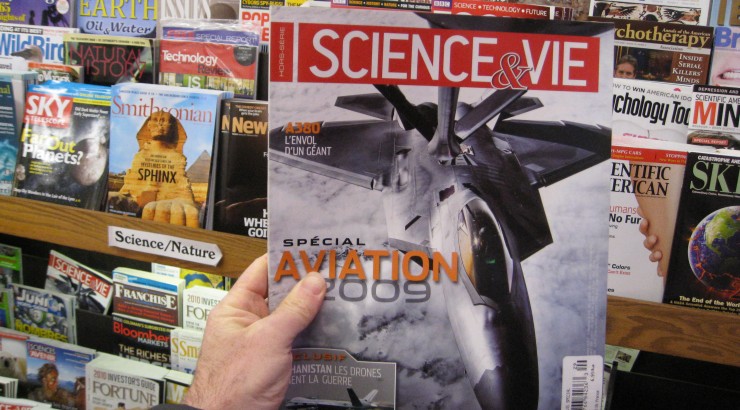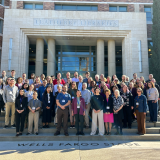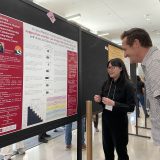Dean’s Diversion: Communicating Science
August 9, 2015
Science communication is something we do a great deal of here in Schmid College. Whenever we publish a blog post, help write a press release, or give a public lecture, I am reminded of an excellent PNAS paper entitled “Bringing values and deliberation to science communication” by Thomas Dietz from Michigan State.
The basic premise of the article is that robust and useful communication of science is required for that information to be used correctly in making personal decisions, as well as in the formation of policy. I could write a summary of the article, but that has already been done in other places. You should go and read the article yourself rather than relying on summaries that don’t really permit you to gather the entire weight of Dietz’ arguments.
In lieu of a true synopsis, I thought it might be interesting to simply provide some key quotes from the article, since it is perhaps one of the most quotable pieces from the peer-reviewed literature I have read in quite some time.
The quotes are presented below without commentary, and in the order in which they appear in the article. Some may seem mind-numbingly obvious outside the context of the article, while others may seem incomprehensible.
Whatever the case, my hope is that they will pique your interest enough to go and read the article yourself and to also think very carefully about how science communication can (and should) break down the barriers between BELIEF and KNOWLEDGE. It is the latter upon which our policy decisions should be made. I should note that there are many threads in the article that hearken to the content of Daniel Kahneman’s Thinking, Fast and Slow, which is fantastic and perhaps should be required reading of all scientists, journalists, and policymakers alike.
- “Public participation inevitably involves both facts and values.”
- “In decision making, science communication is a substitute for the social learning that takes place within the scientific community. We rely on science communication to inform us about the facts we need to know to make decisions.”
- “…a good decision must be factually competent,…value-competent, [and]…adaptive.”
- “The future of health, national security, the economy, and the environment all rest on how we deal with emerging knowledge and new technologies: thus, the need for scientific understanding is ubiquitous.”
- “Media coverage of science and formal science education often focus on science that, however important and beautiful, is rather distant from decision making.”
- “Dealing with the future is clearly a value question, and it is evident that people, including scientists who analyze long-term decisions, differ about the proper way to proceed.”
- “In scientific discourse, we expect reasoned and balanced arguments and a willingness to shift from a currently held position when evidence refuting it accumulates. We know from historians, philosophers, and sociologists of science that the evolution of science is a bit bumpier than this ideal image.”
- “Rather than carefully weighing the strength of the evidence underpinning an assertion about climate change, most listeners will parse the information almost instantaneously, calling on their values and general beliefs as a guide.”
- “…effective linkage of analysis and deliberation helps “get the science right” and “get the right science”” [internal quotes from Understanding Risk: Informing Decisions in a Democratic Society]
- “…science cannot tell us what we should care about: Science has no privilege with regard to values.”
- “When we acknowledge value differences, we are also accepting that our differences are going to be more difficult to reconcile than if they were based solely on different beliefs about the facts.”
- “When scientists make arguments about what we should do, they should make clear that their views are grounded in both their understanding of the facts and their values.”
- “The test we face is to develop and deploy the science of decision making and science communication at a pace that will allow us to make sound decisions even as the scope and power of our actions transform the world around us.”


